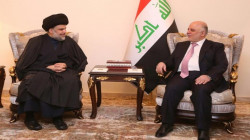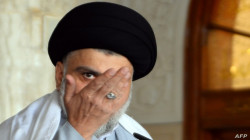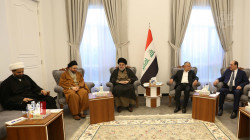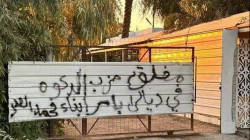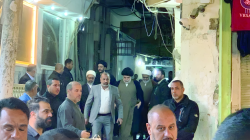Complex landscape of Iraq's provincial elections: surprises and controversies over Sadrists’ involvement
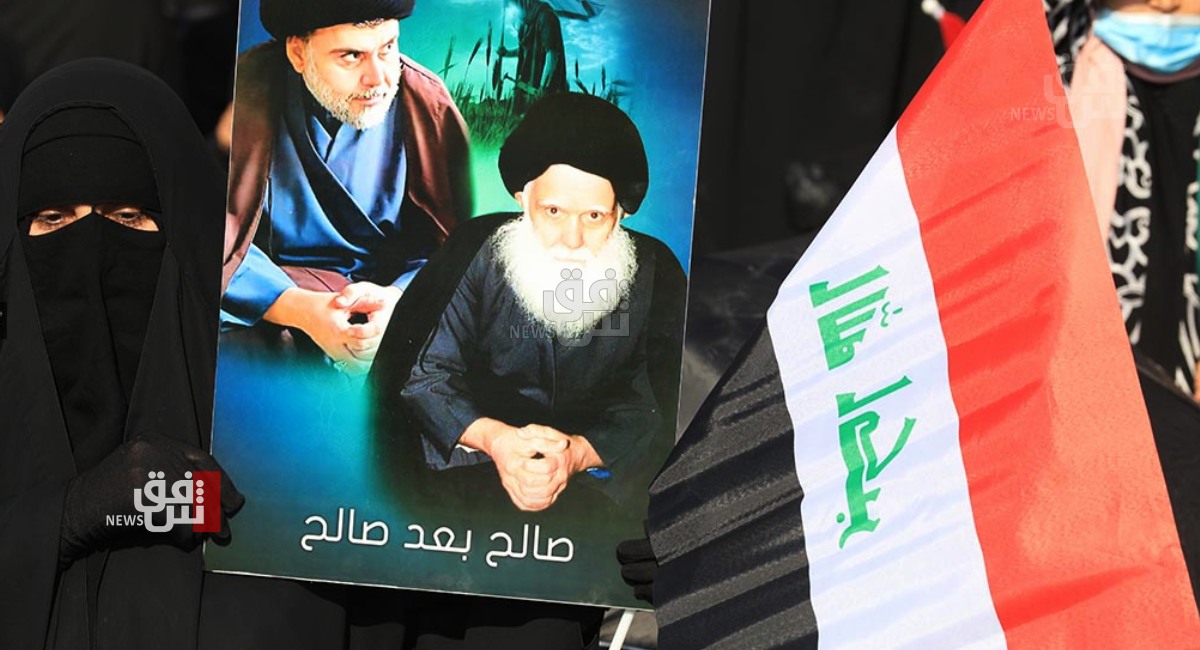
Shafaq News / The political blocs are actively preparing for the upcoming provincial council elections slated for December 18th. Observers anticipate that the Coordination Framework blocs will participate and secure the majority of votes, while also predicting that certain emerging lists will face boycotts due to doubts surrounding their chances of achieving their objectives. However, an intriguing possibility arises concerning the Sadrist Movement's involvement in said elections.
In addition, a prominent leader within the Sadrist movement has disclosed a growing inclination towards the participation of Sadrists in the provincial council elections scheduled for later this year. This development marks the movement's first significant political maneuver since its leader, Muqtada al-Sadr, decided to withdraw from the political process following the stumbling formation of the Iraqi government.
Speaking on the condition of anonymity, the leader informed Shafaq News Agency that the leadership of the Sadrist movement has decided to partake in the provincial council elections. The movement's electoral apparatus in Baghdad, as well as in the central and southern cities, has covertly commenced its activities to finalize the necessary technical and logistical arrangements.
The Sadrist movement plans to enter the provincial council elections through three electoral lists: one for the capital, Baghdad; another for the southern cities; and a third for the central cities. Importantly, these lists will not necessarily include specific individuals or official orientations from the movement but will solely maintain an affiliation with it.
According to Wael al-Rikabi, the deputy head of the National Media Observatory, observers perceive the upcoming provincial council elections as an urgent necessity. These elections serve as a crucial oversight mechanism, allowing for the assessment of executive performance. In the absence of these elections in previous years, governors held unchallenged control over their respective governorates, devoid of financial, administrative, or technical accountability. As a result, the residents grew increasingly discontented with their governors.
Al-Rikabi affirmed that the democratic process entails honest competition within the legal and constitutional frameworks. He emphasized that various parties represent the majority across societal components, and all have the right to compete and establish one or more visible lists that align with their affiliations or remain independent of the spotlight.
Furthermore, he stressed that the paramount objective should not solely revolve around securing governorships or attaining a majority within the provincial council. Rather, the parties must prioritize their ability to provide services, uphold integrity, and enact meaningful reforms for the benefit of citizens. Notably, the Sadrist movement has been actively engaged in the electoral process in previous years, and its potential return is met with widespread anticipation and acceptance.
In terms of the forthcoming elections, political researcher Halim Salman, in an interview with Shafaq News Agency, suggests that they will follow a traditional trajectory. This prediction stems from an electoral law that tends to favor well-established political forces, granting them a significant advantage in claiming the majority of provincial council seats. These veteran blocs possess substantial media resources that allow them to mobilize their dedicated supporters effectively. Salman further remarks that the allocation of public funds, including employment opportunities, has been utilized as a form of community bribery to bolster support.
While Salman rules out the withdrawal of veteran political blocs from the elections, he anticipates that some emerging lists may choose to boycott the electoral process. These lists harbor concerns about their prospects for success under the existing electoral law, which favors larger blocs.
In terms of potential winners, Salman suggests that the blocs comprising the Coordination Framework, such as the State of Law coalition, National Wisdom movement, Badr organization, or Sadiqoun, could potentially secure the lion's share of positions, including the governorship or the head of the provincial council.
Regarding the potential participation of the Sadrist movement, information remains uncertain, as there are indications suggesting that parties affiliated with the Coordination Framework are urging the Sadrist Movement to join the elections. However, there has been no response from al-Hannana, leaving the situation open to speculation. It is possible that the Sadrist movement may surprise everyone with a distinctive electoral strategy, either publicly or with the support of specific figures. However, at present, these claims cannot be confirmed or refuted.
Contrarily, individuals closely associated with the Sadrist movement refute reports suggesting that the Sadrists are supporting candidates in the upcoming provincial council elections. They emphasize that the movement has no intention of returning and participating in the elections alongside the "corrupt" factions.
Political analyst Safaa al-Baghdadi weighs in on the matter, stating that anyone who willingly sacrifices 73 parliamentary seats, prime ministers, and ministers clearly demonstrates a lack of interest in participating in provincial council elections, where members hold limited powers under the current government.
According to al-Baghdadi, the Coordination Framework desires the return of the Sadrist movement to the political process to mask their own corruption and gain legitimacy through association with the movement. Furthermore, the framework alleges that the Sadrist movement is secretly participating and promoting defect lists from within its ranks to secure voters' support.
Al-Baghdadi asserts that Muqtada al-Sadr does not engage in clandestine activities and, if the Sadrist movement intends to pursue something, it is announced openly without hiding behind any facade.
It is important to note that the Iraqi Council of Representatives dissolved the provincial councils in response to the demands of the popular protests that commenced in 2019. The dissolution was prompted by escalating disputes among council members, leading to the squandering of public funds and the proliferation of financial and administrative corruption.
Moreover, the estimated number of eligible voters for the provincial council elections is 28 million, according to Hazem al-Rudaini, the deputy head of the Strategic Center for Human Rights in Iraq.
